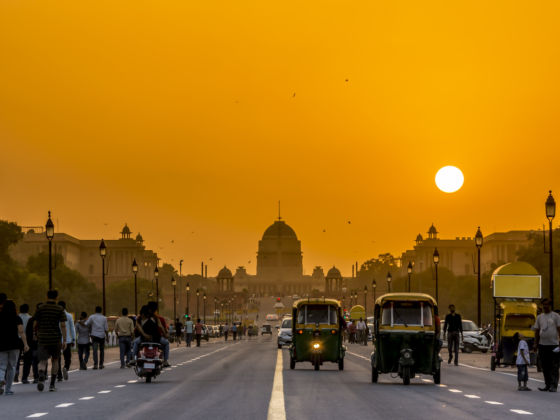[Editor’s note: Madeline wrote this essay prior to the death of the victim from her injuries on December 29, 2012.]
In the aftermath of the recent, highly publicized rape of a 23-year-old medical student in Delhi, we have heard a roar of public outrage. This is a good thing. People should be angry and horrified that in 2012, a woman, heading home from Life of Pi, can’t get on a bus with the certainty that she won’t be beaten and raped with a metal rod until her intestines spill out of her, and then dumped on the side of the road to die. I suppose it is, for lack of a better word, heartening that so many people around the world are standing up and demanding justice, and demanding that this incident be taken very, very seriously.
